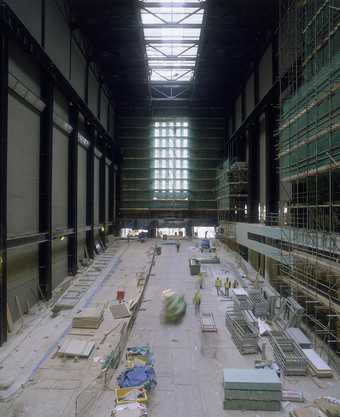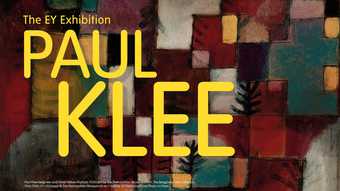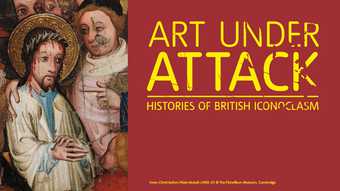
Turbine Hall Inside Todays Museum
The incredibly diverse 2013 programme at Tate includes major exhibitions such as Paul Klee: Making Visible and Art Under Attack: Histories of British Iconoclasm as well as a host of film screenings, live performances and temporary displays. Visitors come to participate in a wide range of talks and discussions, workshops and courses. This intense, daily activity continues alongside major developments at both London sites including The Millbank Project and re-hanging of the collection display at Tate Britain and the ongoing transformation of É«żŘ´«Ă˝.
This 11-week course provides an in-depth examination of Tate and offers a rare opportunity to go behind the scenes and learn how such a large-scale arts institution operates on a daily basis in a period of ongoing change. From °Ő˛ąłŮ±đ’s conception to its current programmes and plans for future development, this course explores the practical aspects of running Tate in the context of current debates about cultural institutions, architecture, the diversification of national collections, displays, funding and audiences. Staff across Tate present on their roles and the challenges they face within the constantly changing landscape of today’s art museum.
Inside today’s museum is hosted at É«żŘ´«Ă˝ but also provides opportunities to explore Tate Britain, allowing participants to compare the different aspects of °Ő˛ąłŮ±đ’s programme across the sites and consider its place within local, national and international contexts. A unique visit to the Tate Store is included, where the majority of the Tate collection is held. By encouraging an active, critical engagement through debate, gallery-based activities and relevant reading, this course is aimed at those hoping to gain both a theoretical and practical insight into the daily management and organisation of a large-scale museum, as well as a deeper understanding of the employment opportunities it provides.
Sessions cover curating collections, conservation, development and funding, audiences and learning. No prior knowledge of art history or museum studies is necessary.
Michaela Ross
is an artist and lecturer who has recently completed her PhD at Chelsea College of Art and Design researching the relationship between the artist and the institution and recent developments in fine-art pedagogy. She has collaborated with museums and galleries including Tate, the Serpentine Gallery and Nottingham Contemporary and has worked on international projects as part of Critical Practice, a cluster of artists, academics and researchers based at the University of the Arts London. She in a visiting lecturer at Kings College and Goldsmiths and an associate lecturer with the Open University.


